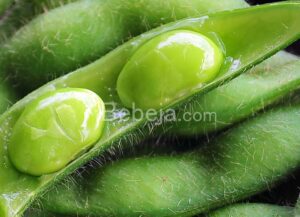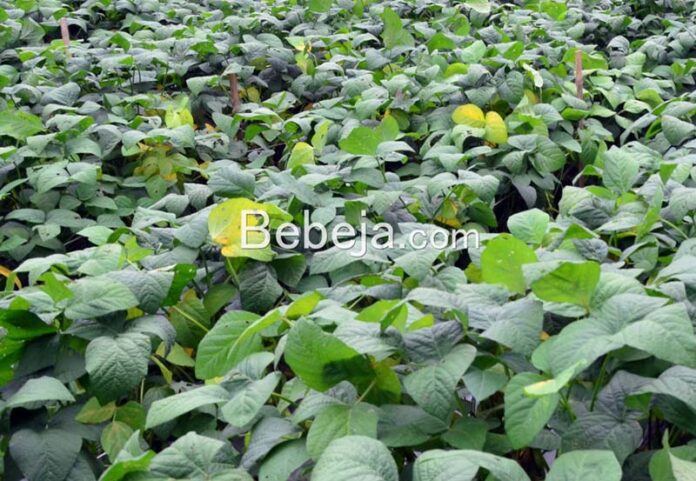Edamame, a Japanese vegetable, is not a new commodity in Indonesia. For a long time, the pods of the Fabaceae family were consumed by expatriates from the cherry tree country who settled in Indonesia.
In addition, people are familiar with edamame, which is very easy to consume by simply boiling it. In addition to fresh consumption, there is now a variety of processed edamame, such as bakpia and edamame milk.
The growing popularity of edamame opens up opportunities for the cultivation of the crop. The market for edamame is not only local but also exported. An organic vegetable seller in Depok, West Java, admits that it is difficult to meet the demand for edamame from supermarkets and restaurants. The demand can reach 200 kg/week.
 The desired edamame requirements are the number of 2-3 pods and spot-free fruit. Export requirements are more stringent, namely uniform size, uniform number of pods, skin free of spots and fungus, and meeting the residue threshold of the importing country.
The desired edamame requirements are the number of 2-3 pods and spot-free fruit. Export requirements are more stringent, namely uniform size, uniform number of pods, skin free of spots and fungus, and meeting the residue threshold of the importing country.
The main obstacle to edamame cultivation is the difficulty in obtaining high-yielding F1 seeds. Planters in Cianjur Regency and Sukabumi Regency, West Java, get around this by using seeds from previous crops. This has resulted in a 60-70% reduction in production. Another effort is to select 3-podded fruits as seeds so that the percentage of production loss is only 40-45%.
